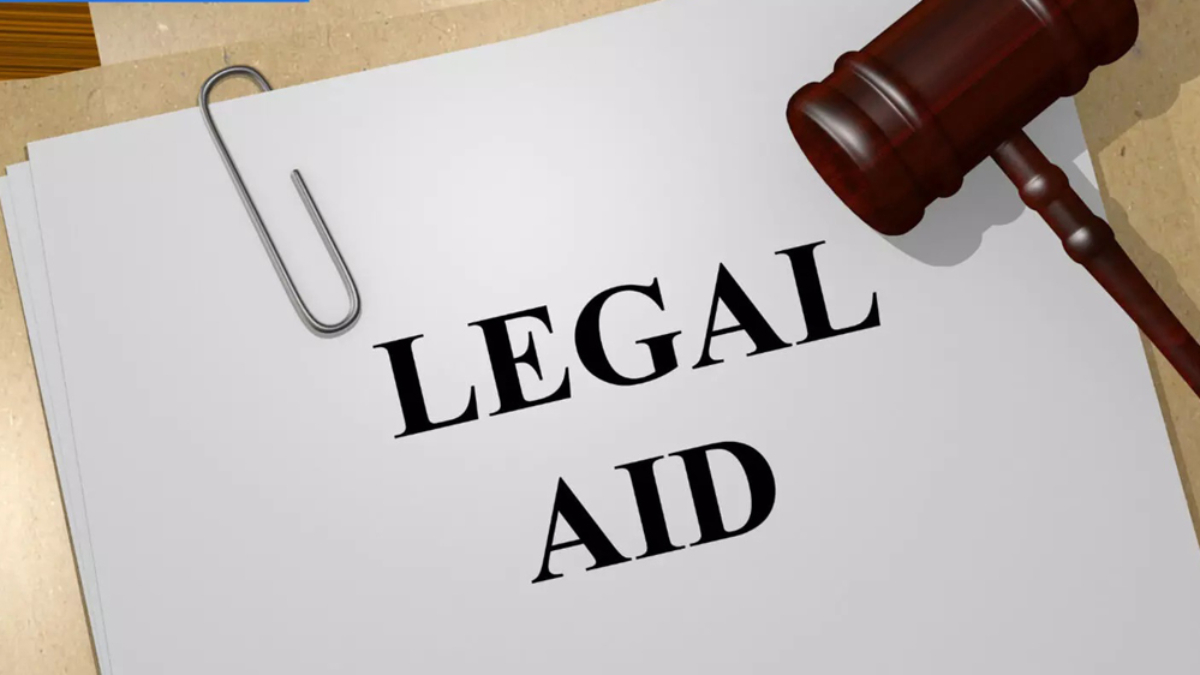Legal issues can be daunting, complex, and often expensive. Navigating the intricacies of the law without professional assistance can be overwhelming and sometimes impossible for many individuals. This is where legal aid comes into play. Legal aid is an essential service that ensures access to justice for those who cannot afford legal representation. At VB Bali Law, we believe in the importance of making legal services accessible to everyone. This blog will help you understand what legal aid is, who qualifies for it, and how it can assist individuals in various legal situations.
What is Legal Aid?
Legal aid refers to the provision of free or low-cost legal services to individuals who are unable to afford legal representation. The primary objective of legal aid is to ensure that everyone has access to justice, regardless of their financial situation. Legal aid services can include legal advice, assistance with legal documentation, representation in court, and other related services.
Legal aid is crucial for promoting fairness and equality within the legal system. Without legal aid, many individuals would be unable to defend their rights or seek justice, leading to a significant imbalance in the justice system.
Who Qualifies for Legal Aid?
Qualification for legal aid varies depending on the jurisdiction and the specific legal issue at hand. Generally, eligibility is determined based on several factors, including:
- Income and Financial Resources: Most legal aid programs have strict income thresholds to ensure that only those who truly need assistance receive it. Individuals and families with incomes below a certain level may qualify for legal aid. Additionally, an assessment of the applicant’s financial resources, such as savings, assets, and expenses, is conducted.
- Nature of the Legal Issue: Not all legal matters are covered by legal aid. Priority is often given to cases involving fundamental rights and essential needs, such as family law matters (e.g., divorce, child custody), criminal defense, housing issues (e.g., eviction, foreclosure), employment disputes, and immigration issues.
- Merit of the Case: In some instances, the likelihood of success or the seriousness of the case may be considered when determining eligibility for legal aid. This helps ensure that limited resources are allocated to cases with a reasonable chance of success.
- Residency and Citizenship Status: Legal aid services are typically available to residents and citizens of the country offering the service. Some programs may also extend assistance to certain non-citizens, such as refugees or asylum seekers.
How Legal Aid Can Help
Legal aid can make a significant difference in various legal situations by providing critical support and ensuring that individuals have the opportunity to defend their rights. Here are some key ways legal aid can help:
- Family Law: Legal aid can assist individuals in family law matters, such as divorce, child custody, child support, and domestic violence cases. These cases often involve complex emotional and legal issues, and having professional legal support can ensure fair and just outcomes.
- Criminal Defense: For individuals facing criminal charges, legal aid provides essential representation and defense services. Everyone has the right to a fair trial, and legal aid ensures that even those who cannot afford a lawyer have access to quality legal defense.
- Housing Issues: Legal aid can be invaluable in resolving housing-related problems, such as evictions, landlord-tenant disputes, and foreclosure proceedings. Legal assistance can help tenants understand their rights and navigate the legal processes involved.
- Employment Disputes: Workers facing unfair treatment, wrongful termination, or discrimination at the workplace can benefit from legal aid services. Legal aid can provide representation and advice to help individuals protect their employment rights.
- Immigration Matters: Navigating the complex immigration system can be challenging without legal assistance. Legal aid can help individuals with issues such as asylum applications, deportation defense, and visa applications.
- Consumer Issues: Legal aid can assist individuals facing consumer-related legal problems, such as debt collection, bankruptcy, and disputes with businesses. Legal support can help individuals understand their rights and find effective solutions.
How to Apply for Legal Aid
Applying for legal aid typically involves several steps:
- Initial Screening: Contact a legal aid office or organization to determine if you qualify for assistance. This usually involves an initial screening process where you provide information about your financial situation and the nature of your legal issue.
- Documentation: You may be required to provide documentation to support your application, such as proof of income, assets, and expenses. This helps the legal aid organization assess your eligibility.
- Assessment: Once your application is submitted, it will be reviewed to determine if you meet the eligibility criteria. This assessment may also involve an evaluation of the merit of your case.
- Assignment: If you qualify for legal aid, you will be assigned a lawyer or legal advocate who will provide the necessary legal services. This could include legal advice, assistance with documentation, or representation in court.
Conclusion
Legal aid is a vital resource that ensures access to justice for individuals who cannot afford legal representation. It plays a crucial role in promoting fairness and equality within the legal system. At VB Bali Law, we are committed to supporting our community by providing comprehensive legal services, including legal aid. If you believe you may qualify for legal aid or need assistance with a legal matter, do not hesitate to contact us. Our team of dedicated professionals is here to help you navigate the complexities of the legal system and ensure your rights are protected.
Understanding your rights and accessing the legal support you need should not be a privilege but a fundamental aspect of justice for all.

